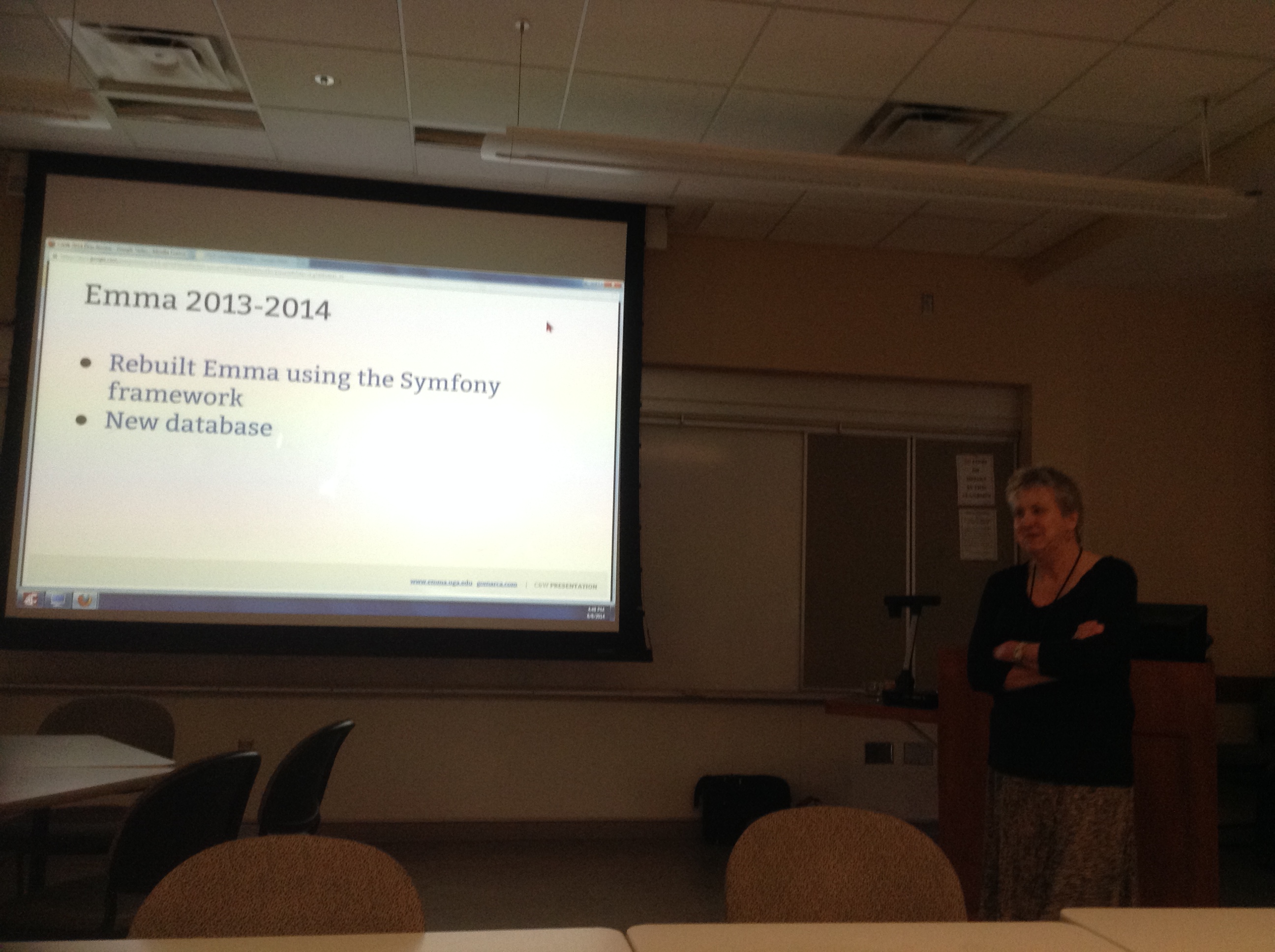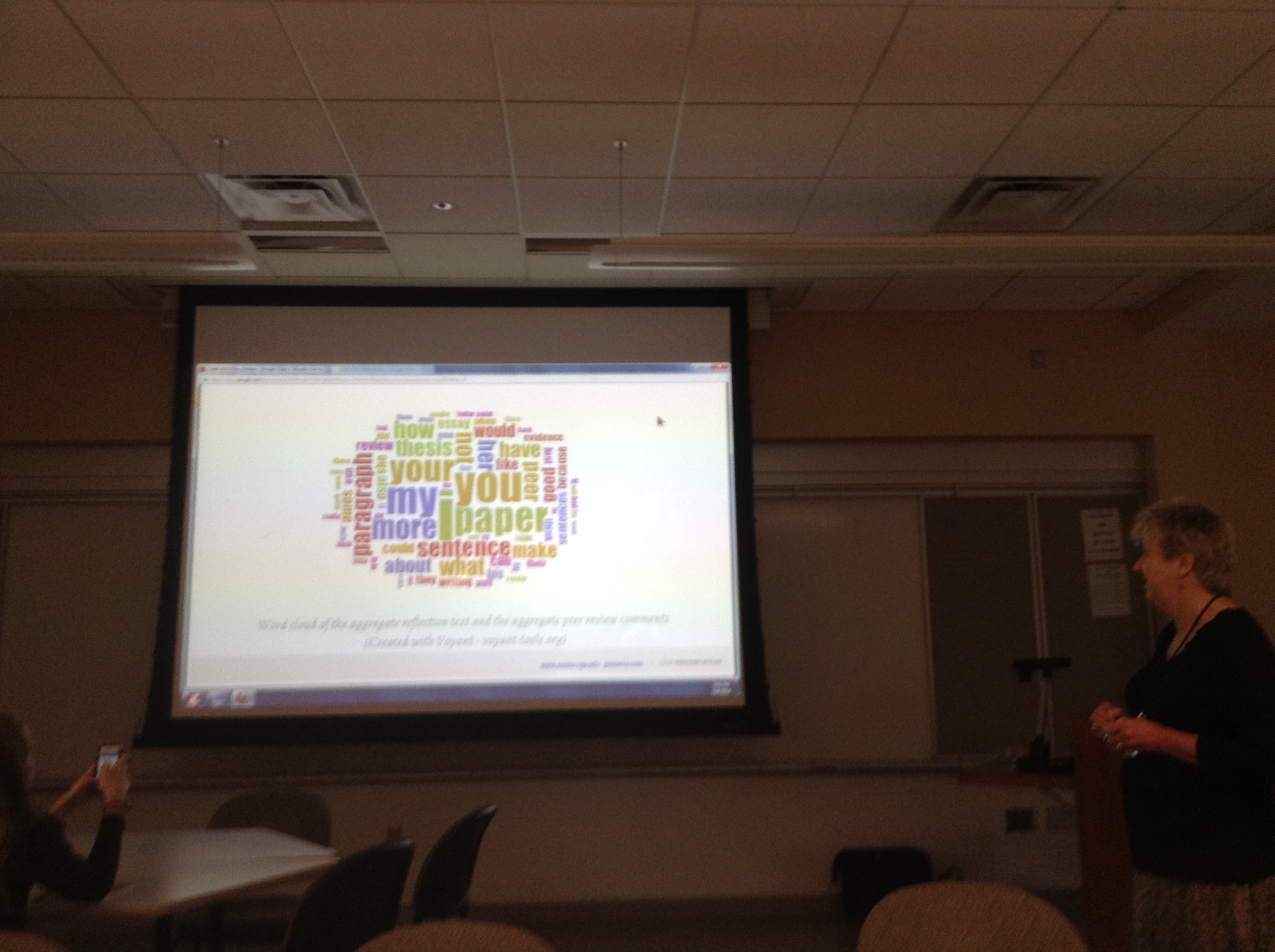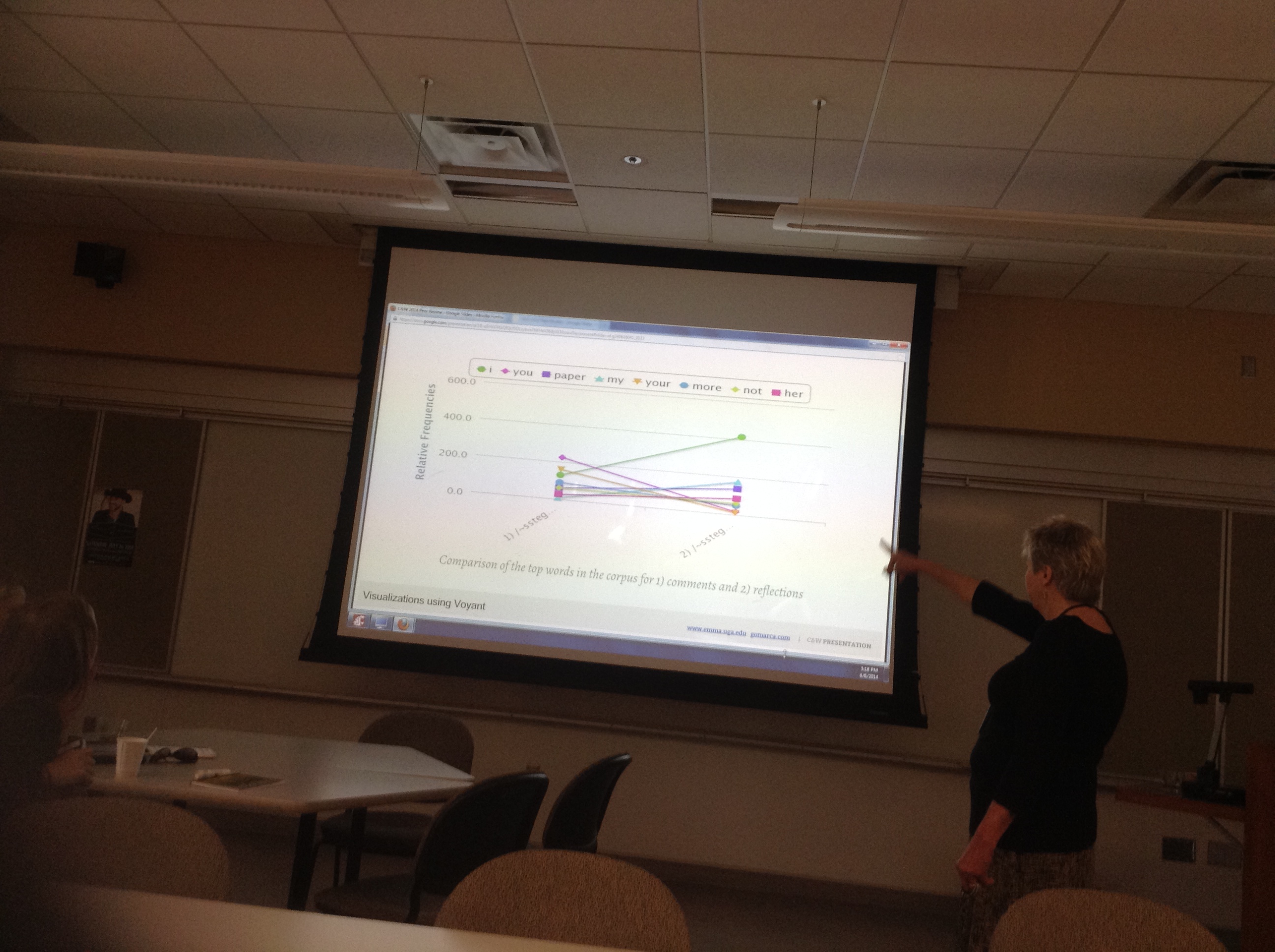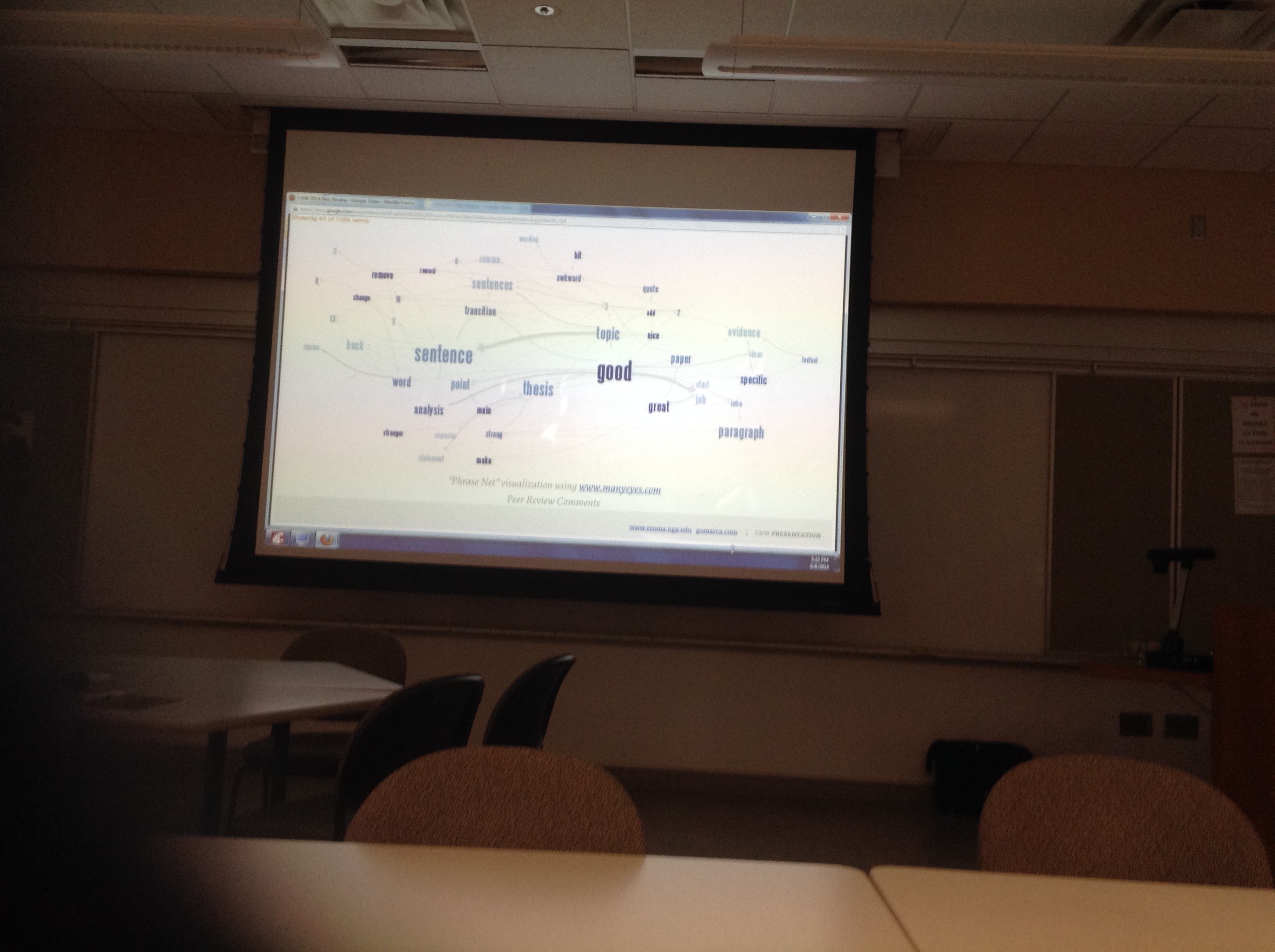Presented by Dr. Christy Desmet, University of Georgia
Reviewed by Shampa Biswas, Washington State University.
Shampa Biswas is an PhD. student in Language, Literacy, and Technology (LLT) from the Department of Teaching and Learning, College of Education and a graduate writing consultant at Graduate and Professional Writing Center (GPWC) of the Writing Program, Washington State University. Her research interests are Graduate writing support, Writing tutoring, Writing Instruction, Sustainable Literacy Development, and Multi-criteria Decision Making.
I am thankful to the Digital Rhetoric Collaborative (DRC) for taking the initiatives for review of different conference session. This helps me not only to experience how to write a review for a conference session, but also rethink and refine new ideas, questions, discussions, and thoughts for improving my professional tasks at the Writing Program, Pullman. Surely conference organizers and presenters will have the opportunity to look back and find better ways how conference sessions can be organized and presented for the future conferences. This conference presentation focuses on the possibility of large scale assessment of students’ writing by integrating a writing program assessment tool, EMMA (See Fig 1) (Electronic Mark up and Management Application). This application justifies both students’ evaluation and teachers’ instruction.

Dr. Christy Desmet presented how EMMA has been advanced from the first phase of the jEdit XML editor to the current stage in 2014 by utilizing 144,000 teacher comments to provide evidence of learning outcomes from the writing program. From 2013 to 2014, EMMA was rebuilt using a symphony framework. The presenter created the opportunity for the audience to ask a lot of questions during the presentation. It was a very interactive session.

It was a great learning experience for me to recognize how the writing program could utilize the application to identify frequent word use and pattern of frequent words in the peer reviewing process (See Fig 2). Most frequent words are found in via creating a word cloud: I, My, You, Your, how, because, more, not. Teachers’ comments are assessed by topic sentence, paragraph, thesis statement, evidence, and concluding questions. Both teacher comments and student reflections were used to compare top words in the corpus (See Fig 3). Common biograms are noticed in peer review reflections. Phrase Net is used to visualize the pattern of peer review comments (See Fig 4).


The presentation inspired me to think about how we can use our peer reviewer comments and graduate students reflections in student writing at the Graduate and Professional Writing Center, Washington State University. This could help define how much feedback an individual gets in the peer reviewing process. The audience discussed the integration of blogs and the reasons for most frequent words in peer reviewing process. Dr. Christy noted that, looking back, writing cultures didn’t have a good reliable data resources and there were no tools of visualizing the pattern of students and teachers comments about their writing processes. Using this tool, it is possible to reflect on the instruction and evaluation process. One ongoing concern is related to how we can find a way to do quantitative research with those big data sources. The research study depends on both writing tools and writing researchers. In addition, writing culture is an important concern, where word manipulation and visualization pattern contribute a versatile and rich approach to using the database. If you would like to explore EMMA, please feel free to browse in the following link at EMMA Home: https://www.emma.uga.edu/.
